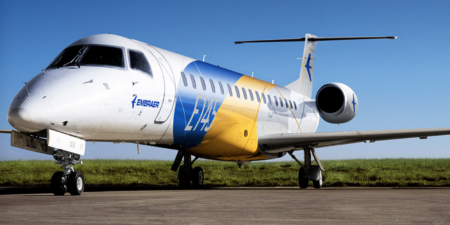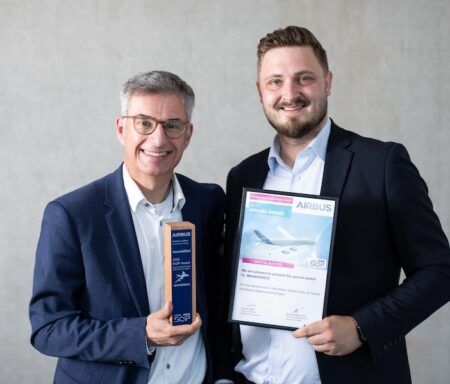Today saw UK Prime Minister, Boris Johnson, set out the Government’s plan for the post-Covid economy, with a focus on construction and innovation to create jobs and grow prosperity. He stated that the UK can be a “science superpower”, with one initiative being of particular interest for the aviation sector: a ‘green’ passenger jet.
“As part of our mission to reach Net Zero CO2 emissions by 2050, we should set ourselves the goal now of producing the world’s first zero-emission long-haul passenger plane,” stated Johnson. “Jet Zero, let’s do it,” he stated.
The project would involve Sustainable Aviation, a coalition launched in 2005 to bring together over 90% of UK airlines, as well as airports, major UK aerospace manufacturers, air navigation service providers and key business partners. Members include Airbus, Boeing, British Airways, Jet2.com, Rolls-Royce, United Technologies, Virgin Atlantic, easyJet, dnata, and several airports.
On the 1st of June, the Sustainable Aviation coalition wrote to the UK’s Transport Secretary, calling for UK aviation to be at the heart of the Government’s economic recovery strategy, saying that a joined-up approach to decarbonising aviation will enable the country to rapidly ‘bounce back’ from Covid-19. Part of the coalition’s proposal is to receive a commitment of £500m to support early-stage projects.
Sustainable Aviation is calling for Government to work with the UK’s aerospace industry to develop aircraft and engine technology R&D capabilities, ensuring the UK is among the first in the world to develop hybrid and electric aircraft. The coalition also wants to accelerate UK airspace modernisation, to make use of new aircraft performance capability and reduce emissions and noise; and to progress robust carbon offset measures and carbon removal technologies.
Adam Morton, chair of Sustainable Aviation, said that these actions “all remain essential to delivering sector-wide decarbonisation, particularly given the role UK aviation can play as an engine for rebuilding the economy.”
Following the speech by Johnson, ADS, the UK trade organisation representing the aerospace, defence, security and space sectors, with more than 1,100 member businesses, responded. Chief executive Paul Everitt said, “Today’s speech from the Prime Minister is a welcome acknowledgement of the skills and expertise the UK’s aerospace sector provides.”
Everitt also referenced the Aerospace Technology Institute (ATI), a UK body which promotes transformative technology in air transport, creates the technology strategy for the UK aerospace sector, and funds R&D.
“Now the Government needs to extend funding of the Aerospace Technology Institute out to 2036 to enable us to deliver the goal and make the UK a world leader in hybrid and electric aircraft,” added Everitt.
“Alongside boosting investment in aerospace innovation, Government should establish a long-term investment fund for our supply chains, use procurement opportunities to maximise prosperity from defence and space projects, provide targeted resources for the UK’s security and resilience sector, and ensure direct support to safeguard jobs and skills.”





